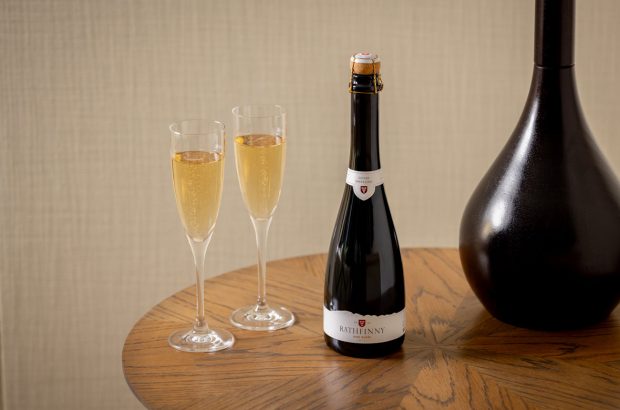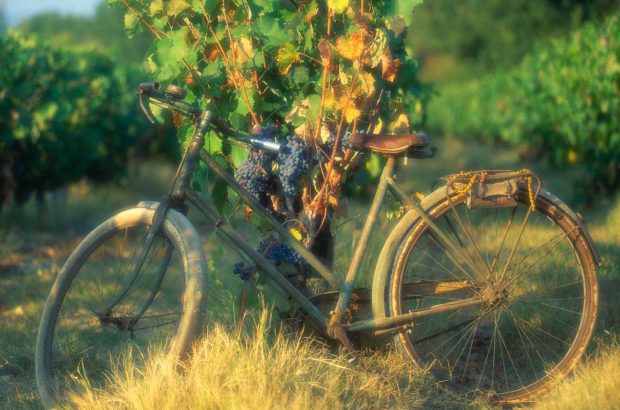The Languedoc may not have the prestige and grandeur of Bordeaux and Champagne, but it makes up for it with aspiration, value and variety, making it one of 2012's regions to watch. Amy Wislocki profiles four Brits who have moved to the Languedoc to make wine.
‘The Britpack: winemaking Brits in France’ – Stephen Cronk
Producer: Stephen Cronk, Mirabeau, Provence
Stephen Cronk left his job in telecoms and home in the suburbs of south-west London two years ago to pursue a dream of making his own wine, but ended up choosing a different route – he and his wife Jeany buy in wine instead, blending it and selling it under the Mirabeau brand. “I always wanted my own vineyard, and had the romantic notion of opening the shutters in the morning to look over my vines. But in the end it didn’t make financial sense for us. My sensible German father-in-law sat through a PowerPoint presentation I’d prepared of lovely vineyard pictures, and asked, ‘That’s all very well, but where’s the spreadsheet?’”
Cronk visited the south of France in 2009 with an open mind, and met with James Kingslake of Domaine Bégude to hear his advice. “James knew the challenges as he’d been doing it by then for six years. He didn’t want to burst my bubble, but he did a bit! He explained that it’s the huge gap in time between pruning your vines and getting paid that’s the issue. Not only are the margins small, but the cashflow is a nightmare.”
The family – the couple have three children, aged 11, 9 and 3 – moved to Provence, and the children joined a local school. “We were going to live in Aix for the international schools, but we were advised to throw them in at the deep end. They struggle for the first year, but then they thank you for it.”
Unsurprisingly in Provence, the focus is on rosé, which is made with the advice of winemaking consultant and Decanter World Wine Awards Regional Chair Angela Muir MW. (For the second vintage, they will also introduce a red and white, in smaller quantities.) “Provence rosé is one of the few growth areas in still wine,” says Cronk. “Majestic advised us to go as pale as we could, but we didn’t – I think you lose fruit flavour if the wine is too pale. We want it to be bone dry, but with bags of fruit flavour.”
There are three Vs in wine, says Cronk: viticulture, vinification and vente: “We just do the third and we’re quite busy enough. We have 370ha to choose from, and buying in wine means we have flexibility and scaleability. We have the lifestyle without the risks. I’d probably be divorced and broke by now if we’d done it the other way!”
Try:
Mirabeau 2010, Cotes de Provence Rosé: 60% Grenache, 30% Syrah, 10% Cinsault

Lovely salmon colour. Ripe, aromatic style with a Provencal floral and white currant aroma but bags of ripe fruit on palate. 16pts/20
Price: £8.99, Waitrose





